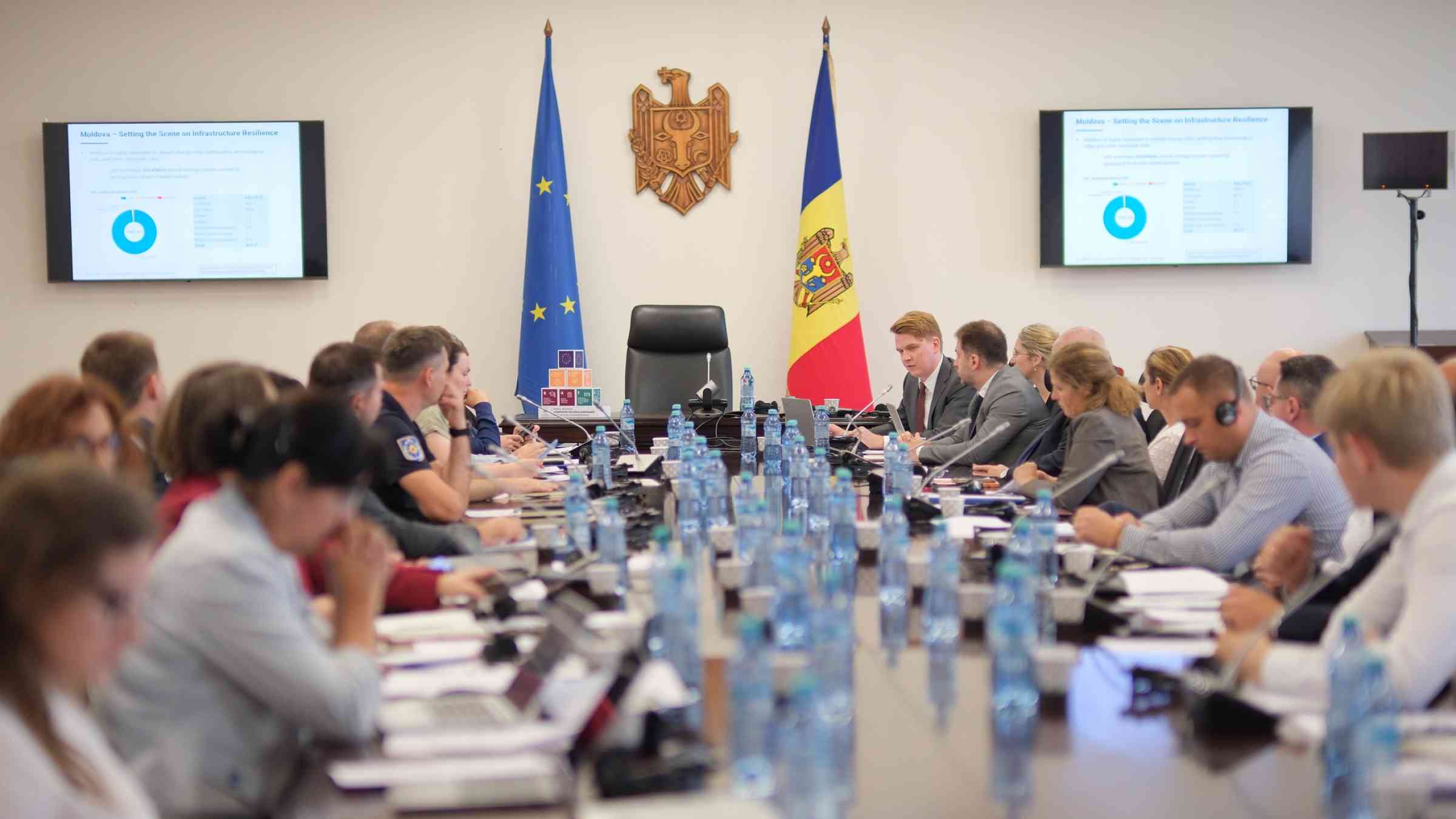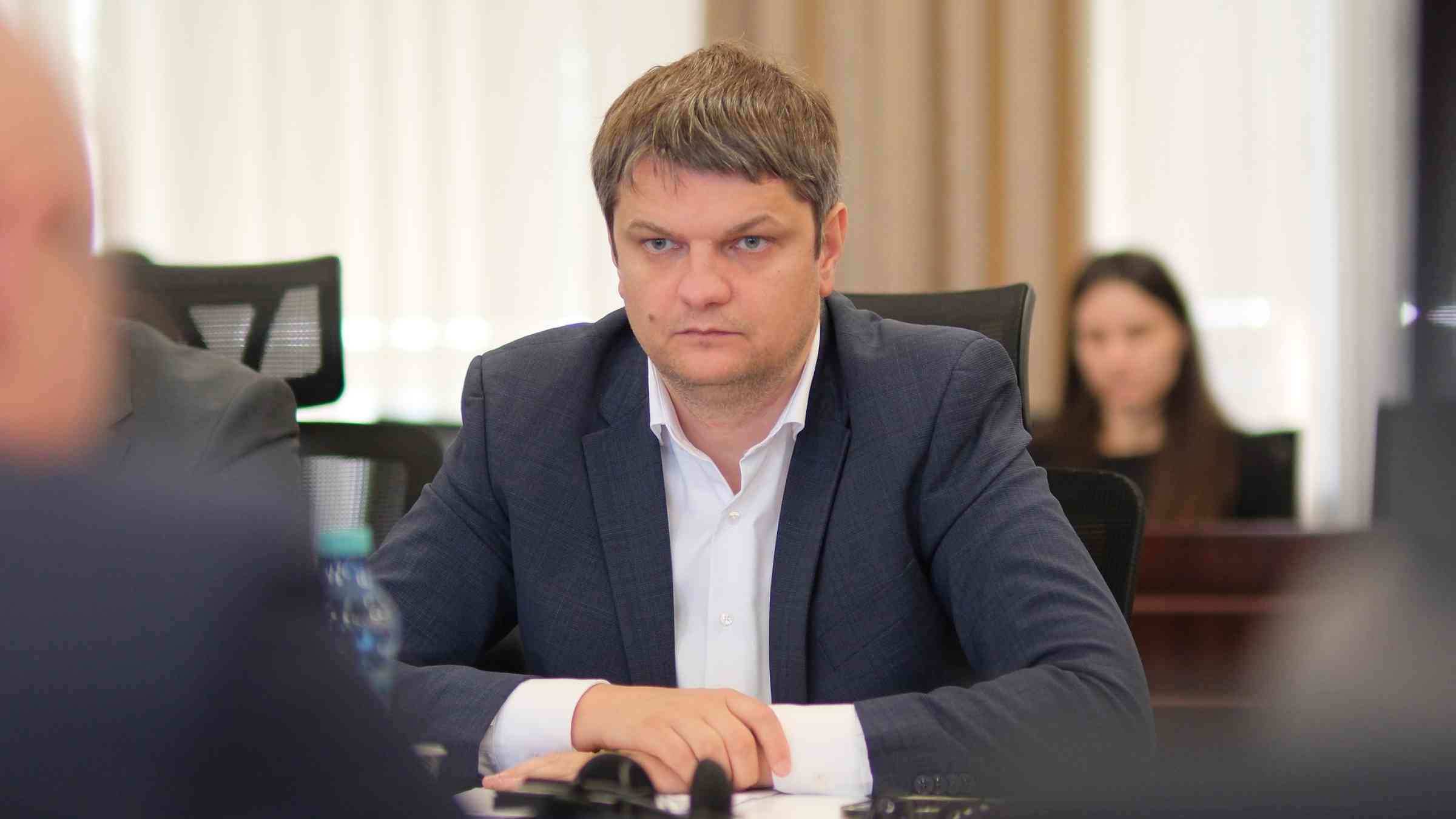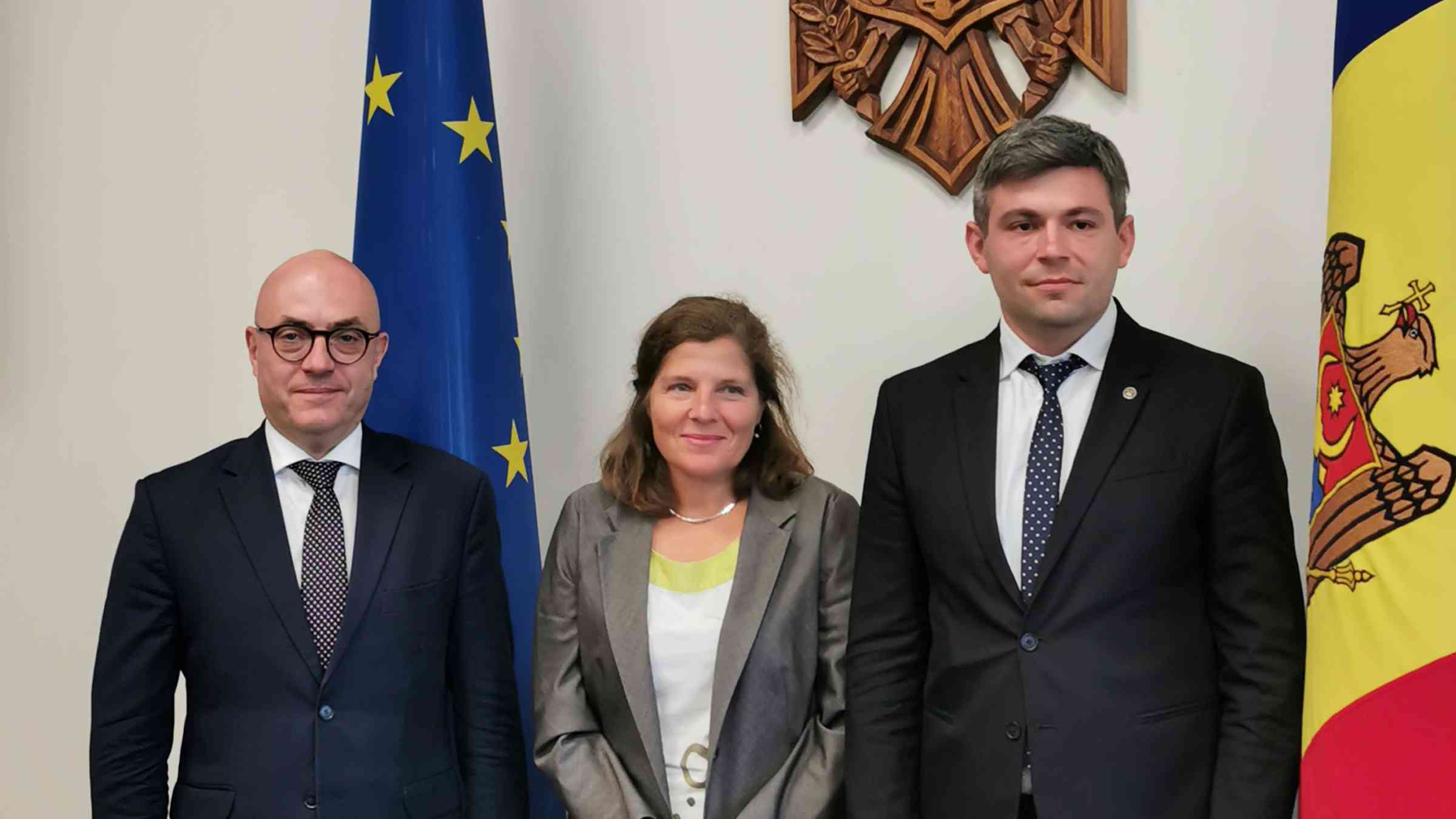Launch of Polish-funded UNDRR project on strengthening critical infrastructure resilience in the Republic of Moldova

The Ministry of Infrastructure and Regional Development of Moldova hosted the launch workshop for UNDRR's “Strengthening Critical Infrastructure Resilience in the Republic of Moldova” project, funded by the Government of Poland, on Tuesday, 2 July in Chisinau.
This initiative employs a global methodology developed by UNDRR and the Coalition for Disaster Resilient Infrastructure to assess the level of critical infrastructure resilience, identify gaps, foster collaboration among key stakeholders, and to formulate an implementation plan to enhance governance and investments in infrastructure resilience, in line with government priorities. Moldova is the first country in Europe and Central Asia to adopt this comprehensive approach, with other countries undergoing similar processes in Africa, Asia-Pacific, and Latin America and the Caribbean.
The project launch workshop included representatives from government ministries, the Polish Embassy, UN agencies, the European Bank for Reconstruction and Development, NGOs, and civil society organizations. Discussions covered the project's process, milestones, and outcomes, and the formation of a Technical Working Group to engage in expert-led consultations and workshops.
Mr. Andrei Spînu, Minister of Infrastructure and Regional Development in Moldova, welcomed the initiative, emphasising "the importance of reliable, sustainable and secure infrastructure to support economic development". He added that "the project will help to understand the bigger picture and how to invest in critical infrastructure more effectively”.
H.E. Tomasz Kobzdej, Ambassador of Poland to Moldova, underscored Poland's commitment to Moldovan development: “The resilience of infrastructure is crucial for sustainable development and regional stability. Poland is proud to support Moldova in this important initiative, which aims to protect critical services and enhance the overall safety and well-being of its citizens".
Ms. Catarina Bjorlin Hansen, Head of the European Bank for Reconstruction and Development in Moldova, underlined the importance of a wider understanding of climate risks risk when planning infrastructure investments supporting the country’s sustainable development pathway.
Ms. Natalia Alonso Cano, Chief of the UNDRR Regional Office for Europe and Central Asia, stated, “this project will help to integrate resilient practices into Moldova's policies and investments, addressing the increasing vulnerabilities to natural hazards and man-made risks, in line with National Development Strategy 'European Moldova 2030’”.

Mr. Andrei Spînu, Minister of Infrastructure and Regional Development

H.E. Tomasz Kobzdej, Ambassador of Poland to Moldova, Ms. Natalia Alonso Cano, Chief of UNDRR ROECA, and Mr. Eugeniu Harabara, Deputy Secretary General, Ministry for Infrastructure and Regional Development of Moldova